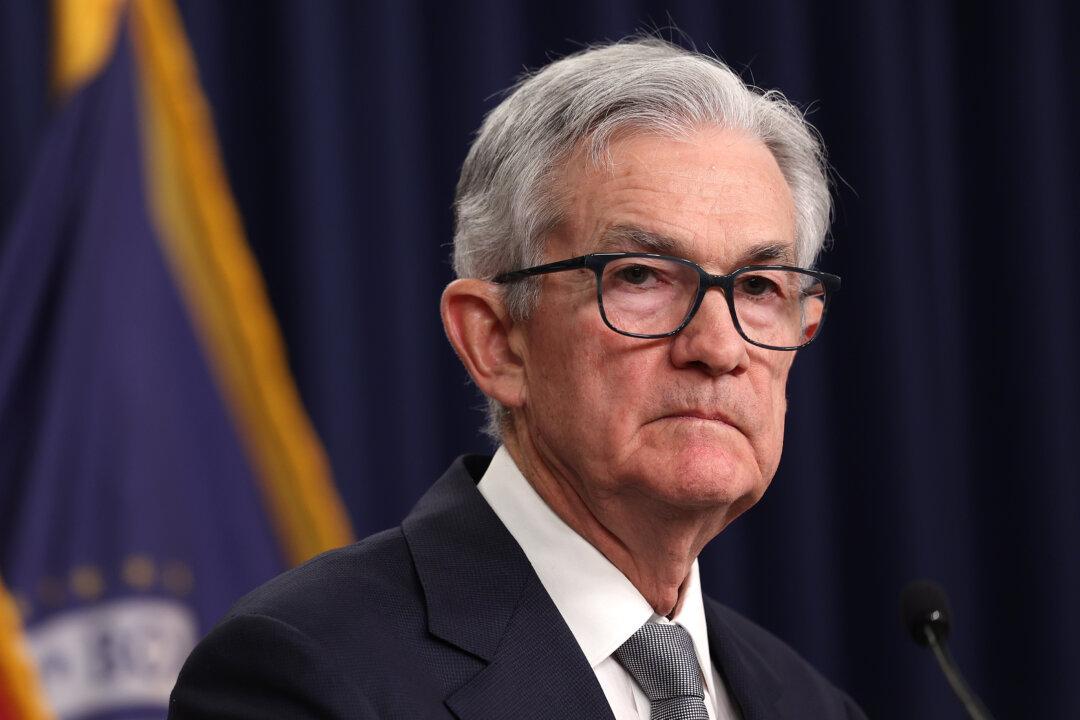Federal Reserve Chair Jerome Powell dashed the hopes of investors again, repeating the central bank’s position that it will not be as quick to cut interest rates as the financial markets anticipate.
During a lengthy interview with CBS News’s “60 Minutes” that aired on Feb. 4, Mr. Powell pledged to take a careful approach to reducing rates, arguing that policymakers want to observe “more evidence that inflation is moving sustainably down to 2 percent.”





